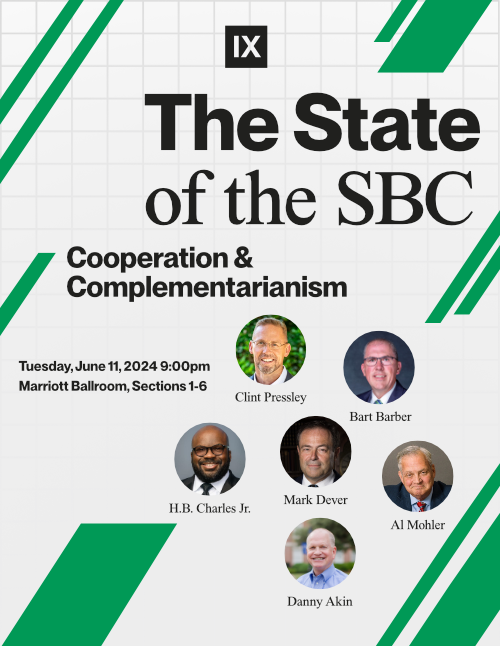Book Review: Purity Is Possible, by Helen Thorne
Purity Is Possible: How to Live Free of the Fantasy Trap, by Helen Thorne. The Good Book Company, 2014. $12.99. 112 pps.
My experience as a pastor is that men are most commonly the purveyors of illicit material. It’s a cheap substitute that provides a “commitment-free encounter” with their version of perfection. But Purity Is Possible by Helen Thorne opened my eyes to the fact that women—married and unmarried—also seek temporary relief from relational isolation and loneliness through of erotic literature, websites, or simply imagination.
Thorne’s popular writing style and candor were helpful. The descriptions of her own temptation shed light on the subject without taking you where you don’t want to go. Thankfully, the book also limits its claims. Thorne’s not promising a quick fix. She reminds the reader that sin really is sweet for a season, but the long-term consequences of guilt, shame, and pervasive disappointment linger.
The book covers four big ideas over nine chapters.
Beauty. Genuine beauty is in the eye of a beholder who is not blinded by sin. The world has distorted and perverted true beauty, and this includes how we view ourselves, our needs, and our source of satisfaction. It’s only when we filter all or our desires through what Christ offers that we find out how many cheap substitutes have made their way into our lives.
Idolatry. Thorne correctly asserts that pornography is idolatry. It’s a form of altered reality, and there’s a strong temptation to exchange the truth for a lie. Pornography is a double-edged sword; it comes at a high price and leaves with an empty promise. It’s also very risky. There’s a short fall from craving immorality to engaging in immorality.
Fantasy. Both men and women are tempted to escape reality. The allure of fantasy is powerful. When framed as the source of Eve’s rebellion, it becomes even more sinister. It was at least in part a runaway imagination that caused Eve to question God, reject his love, and rebel against his law. The author writes, “God says that sex outside marriage is sexual immorality—it is disobedience. So when we are tempted to watch, read or imagine that kind of sex, we are facing the same temptation the first woman did. We are being offered an idol, and—as we turn on the computer, open the book or close our eyes to escape to our make-believe world—we are choosing to believe the lie that that idol will give us everything we want.”
Gospel. Though Thorne accurately describes sin and temptation, she also fills this book with much meditation on the gospel. When failure happens, a return to the gospel needs to happen. As with any besetting sin, we need repentance generated by the Holy Spirit. This book is helpful for both the counselor and the person they’re trying to reach because it forces readers to acknowledge that even if pornography is no longer a major part of their life, idolatry always will be. The gospel is the only cure for idolatry—and this book helps you to see that.
READ THIS BOOK
Pastors need to read this book. Anyone who counsels should read this book. It will be a resource to you no matter what kind of ministry you find yourself engaged.
Especially for pastors, this book will help you know what to look for as you counsel women. Creating idols of erotic relational perfection requires significant imagination and creativity. In our counseling and care, women will often need to reveal this to you because this kind of sin is hard to perceive on the surface. Sometimes, they may not even realize it’s happening themselves.
Most Christian books about pornography can be skimmed. The message is the same: Porn is bad. Stop looking at it. Seek accountability. So what makes this book different? It’s written by a woman, engages the topic from a feminine perspective, and reveals why so many are using the erotic to escape reality. That demands our careful attention.









